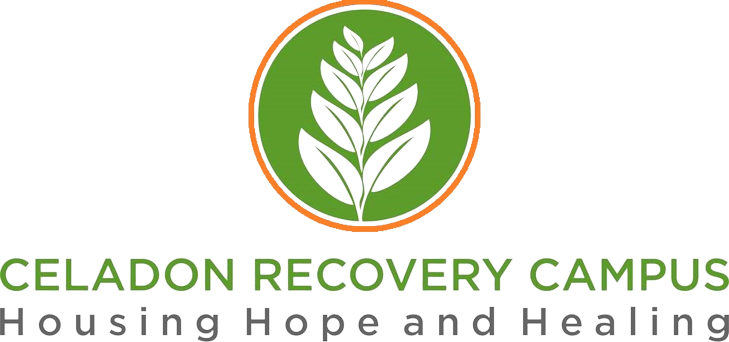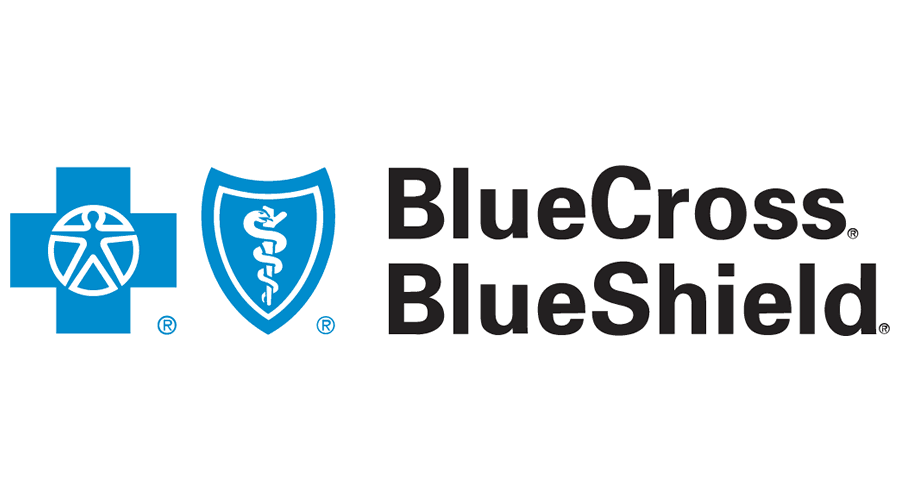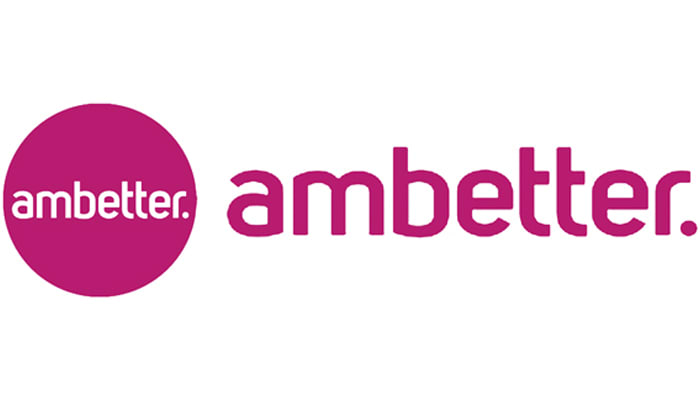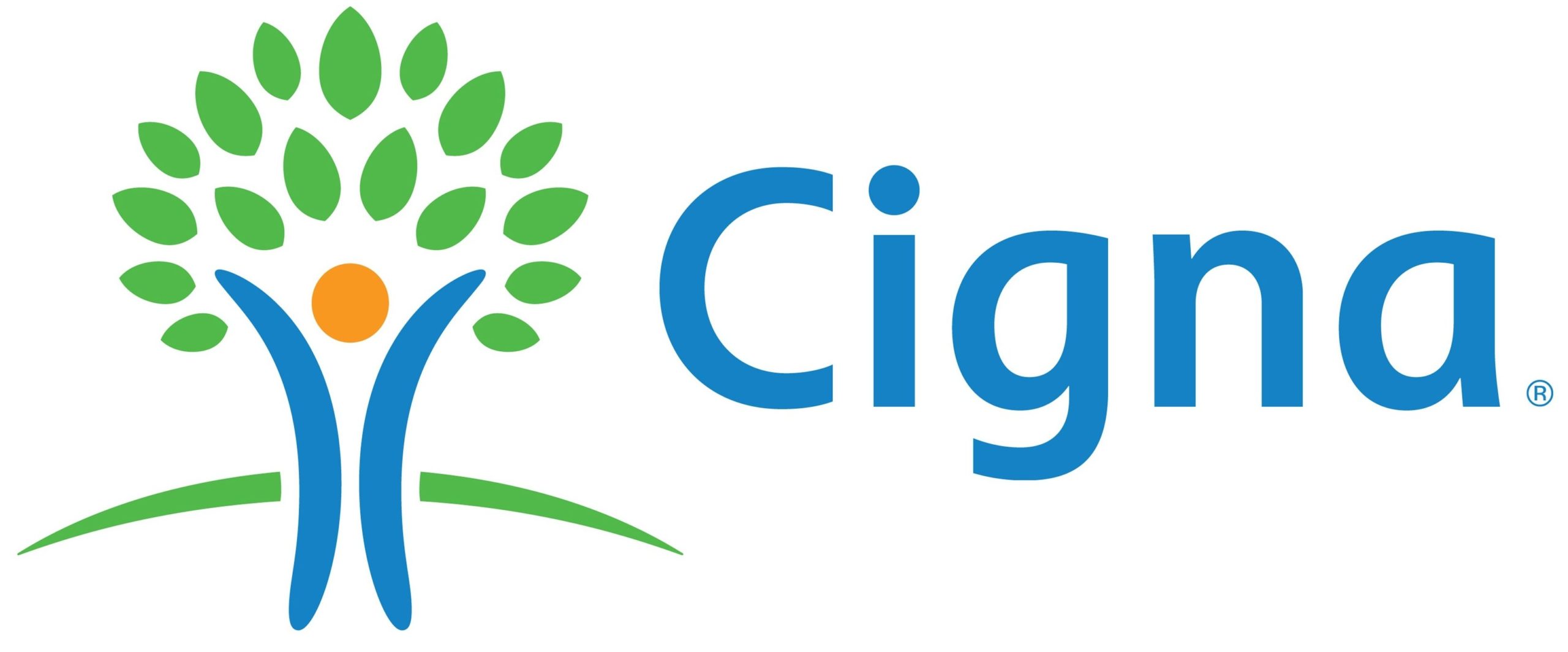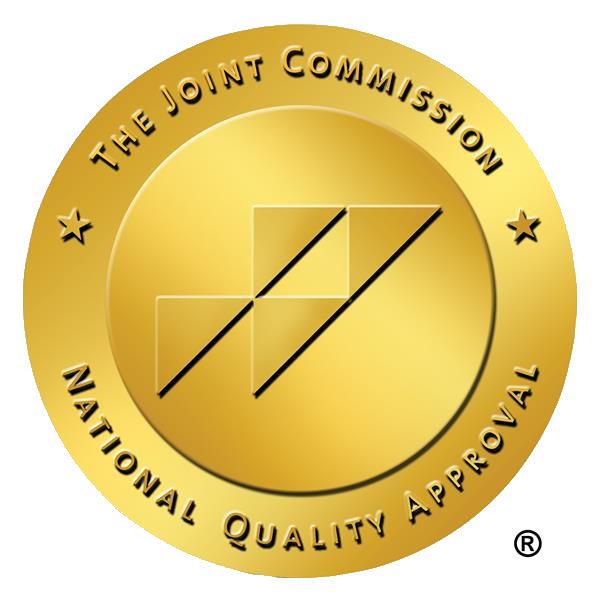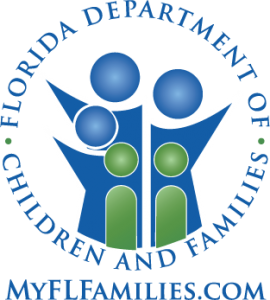Heroin Addiction and Abuse Treatment
Heroin is one of the most addictive substances in the world. There are several different treatment plan options available, but finding the best fit for you or your loved one can be intimidating.
This article will give you a better understanding of what heroin is, the effects it has, and how to get help.
What is Heroin?
Addiction to Heroin
Developing a heroin addiction happens very quickly. Heroin addiction is similar to other opioid addictions. Users can develop a physical and psychological dependence on the drug after just a few uses. Heroin tolerance also builds up quickly, so users require more and more of the substance to achieve a high, which is why heroin overdose rates are so high.
Understanding Heroin
Heroin comes from the poppy plant, similar to how other opiates and opioids are produced. It comes in many forms and can be used in various ways.
Heroin works by blocking the opioid receptors in your body, which causes an overwhelming feeling of pleasure and euphoria. Unlike stimulants, heroin slows down the body’s processes.
What Does Heroin Look Like?
Heroin comes in many forms depending on where it comes from. In its most common form, heroin is a white powder that people either snort or mix with liquid to smoke or inject. It can also be a brown powder used in the same way.
Another popular form of heroin is black tar, which appears just as the name suggests. It’s a dark, sticky liquid that users inject intravenously or smoke.
Heroin Effects and Abuse
Heroin is a depressant, meaning that it slows the body’s processes down. The most common symptoms of heroin abuse include:
- Nausea and vomiting
- Inability to stay awake
- Severe itching
- Loss of consciousness
- Slowed breathing
- Poor circulation
- Severe brain fog
- Withdrawal symptoms
- Euphoria
Long-term heroin addiction causes severe damage to the body. Overdose rates are also incredibly high with heroin use, so getting clean before your tolerance is too high is the best way to ensure that you live a long life.
Heroin Addiction and Abuse Treatment
Because of the severe side effects of heroin withdrawal, it’s best to go through a medical detoxification process. During this process, you’ll be admitted to the hospital and given small doses of drug addiction medicine narcotics such as hydrocodone, fentanyl, or oxycodone to help ease your pain while your body rids itself of heroin.
If an inpatient treatment program isn’t an option for you, there are also outpatient programs. You can undergo medication-assisted treatment and use buprenorphine, methadone, or suboxone to help get clean. Seeking cognitive behavioral therapy can also help get to the root of your addiction.
Another great option is to find a local support group for substance abuse issues. Narcotics Anonymous is the most popular option in the US.
Give us a call anytime day or night:
Give us a call anytime day or night:
